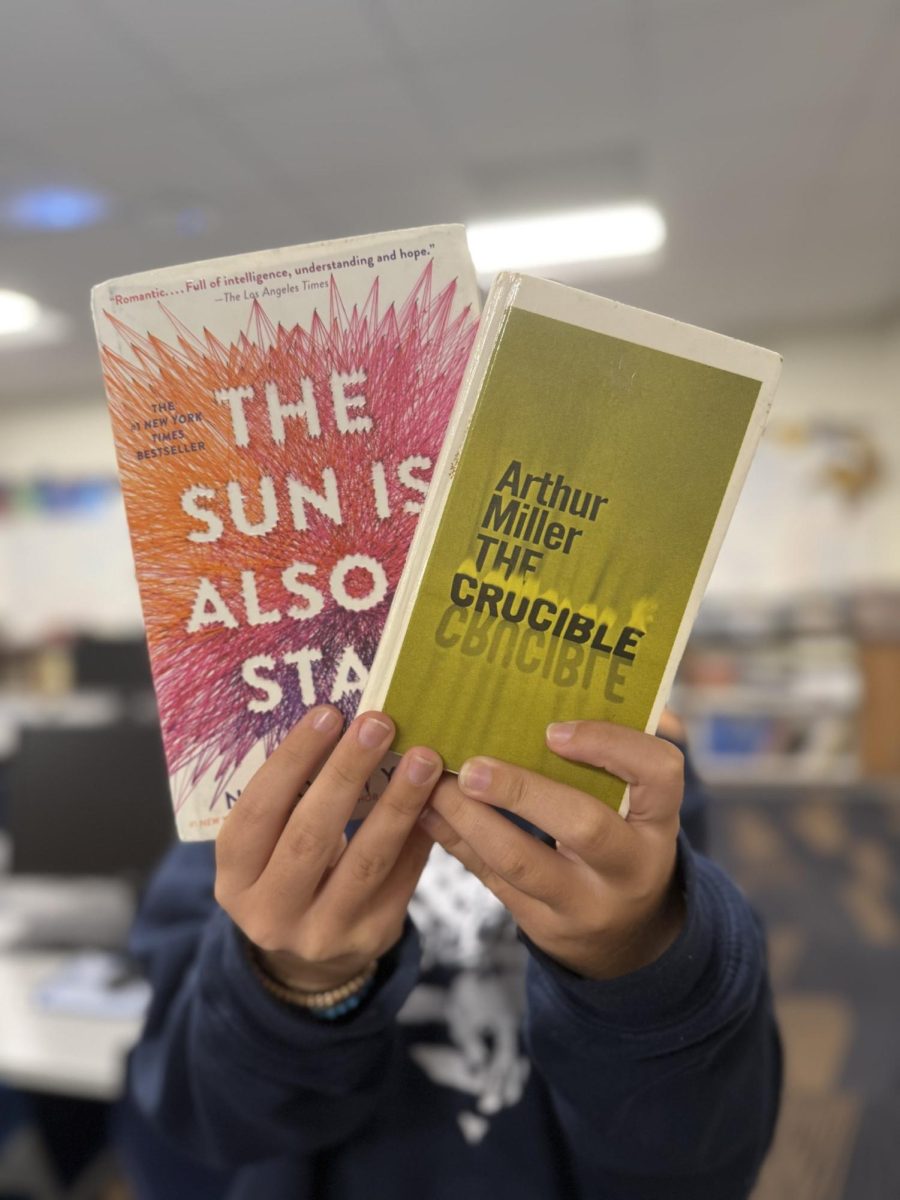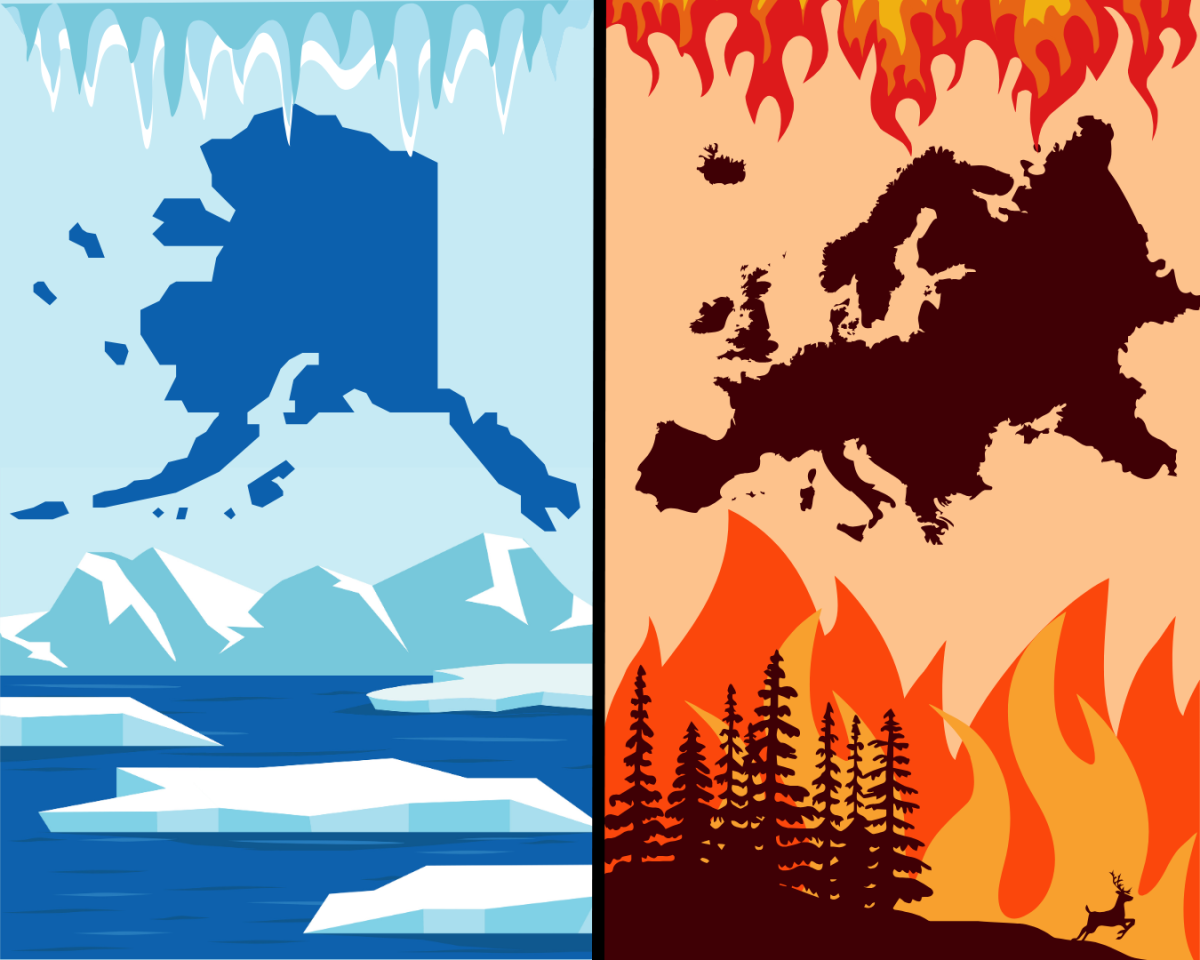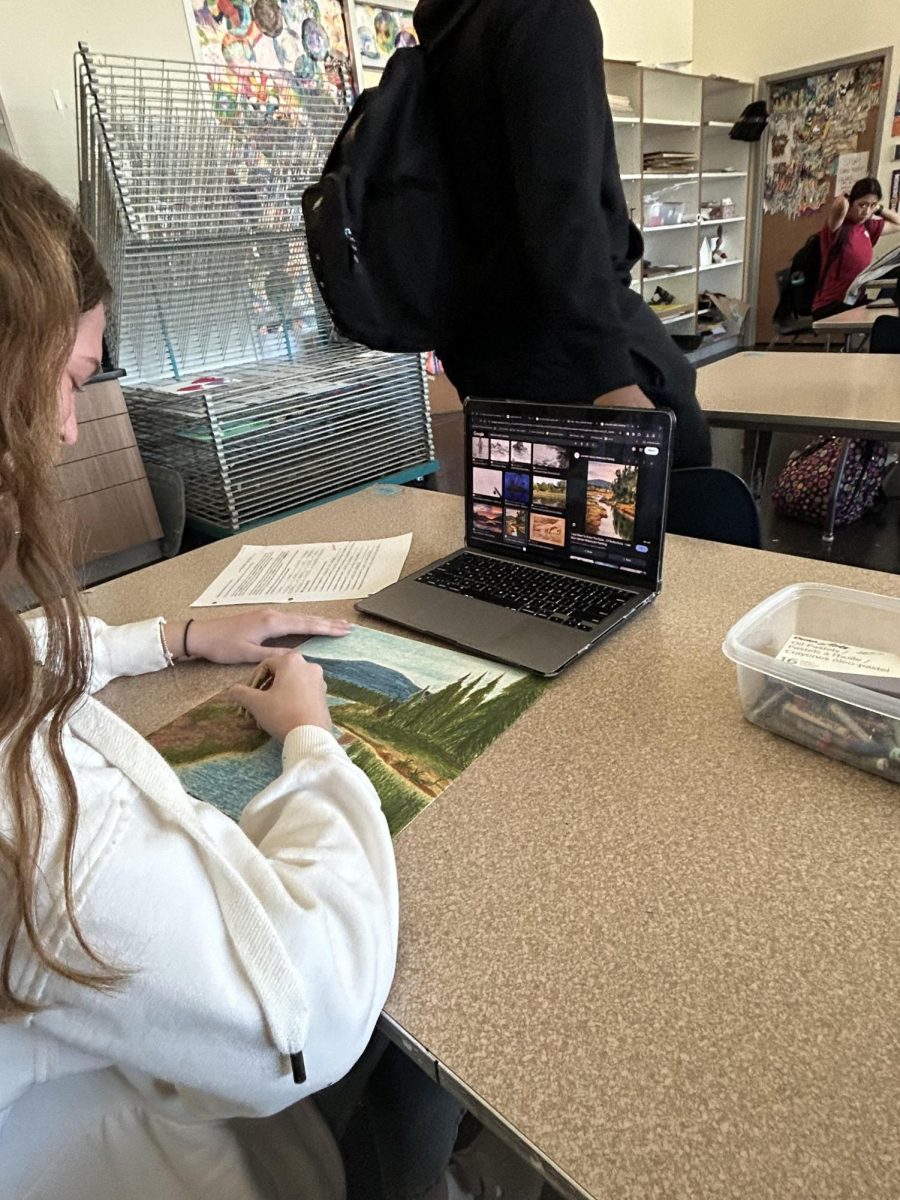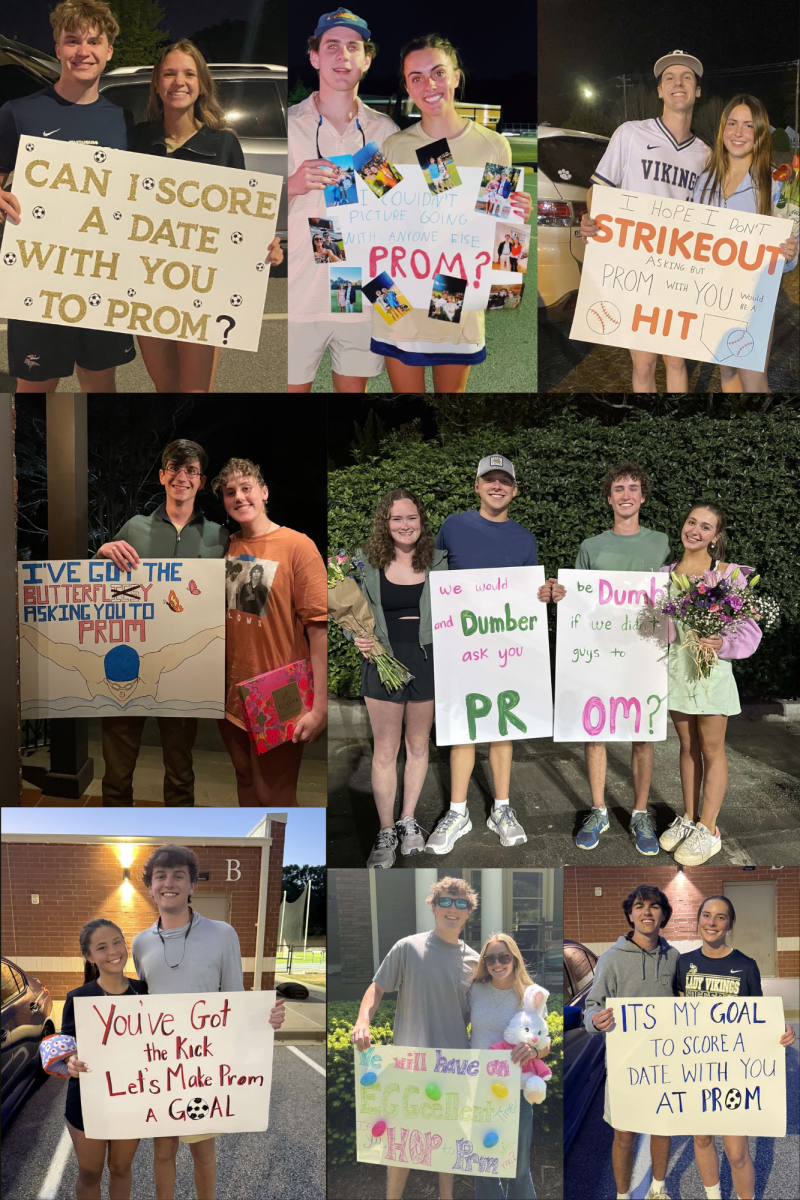
Animal factory farming is a form of animal agriculture where hundreds of animals at a time are crammed into a small facility to be harvested. Across the world every day, thousands of animals are killed and mistreated in inhumane ways. Although factory farming is a way to produce animal resources quickly and inexpensively, there are certainly alternatives to factory farming. Global scientists, animal researchers, activists and citizens alone all may ask, “is it time for a change?”
Concern for animal welfare has risen over the years while livestock are kept in tight, unsanitary and health-risking environment for the animals. The tight space animals are kept in is likely the least of the problems caused by factory farming. Painful procedures such as debeaking of bird animals, tail docking of cows and even castration of male animals are all performed without any type of painkillers like anesthesia. Those were only a fragment of all the inhumane practices done in the factory farming industry. In 2006, the United Nations (UN) FAO (Farm and Agricultural Association) stated “factory farming endangers the survival of other animals and plants, with impacts including deforestation, pollution and climate change.”
Jennifer Waddle (11) is against the idea of factory farming itself and believes it should be banned for good.
“Overall, I am against the factory farming of animals; however, I understand the need for mass production. No matter what though, hearing horror about chickens being tortured will always make me feel sick,” Waddle said.
There have been numerous studies that have been done on animal factory farming regarding the grief and agony animals suffer in the facilities, but other recent studies show that not only is factory farming bad for animals but also for the environment. Studies have shown that factory farming agriculture runoff material contributes to one of the world’s top pollutants. According to John Flesher of the Associated Press on PBS, factory farming causes “70% of the United States’ ammonia emissions plus gases that cause global warming, particularly methane.”
Ellie Hallenbeck (10) agrees that factory farming should be done away with or mitigated to an extreme.
“All of the suffering the animals must go through sounds awful and if it not only hurts them but also the environment, they should stop torturing those animals for our own good,” Hallenbeck said.
Alternative farming methods have come into consideration over the years, and the options will be just as effective as factory farming but significantly more humane. Options such as free-range farming, organic farming and regenerative agriculture all ensure animals are prioritized in health, wellness and sustainability. A study at the University of Wisconsin in 2019 proved that free-range farming is exceedingly less harming towards the environment, to plants and animals as opposed to factory farming. Statistics done in the study showed that emissions from factory farming may be emitted “87% more than traditional free-ranging of farm animals.”
Owen Dearing (10) believes the alternatives to factory farming could be a great method to be used in the future to prevent harming and torturing animals in captivity.
“People should know that factory farming isn’t the only way to gather animal products. I would imagine it’s quicker and less costing than other types of farming, but for a higher cost comes better welfare for animals across the world,” Dearing said.
The public has been very open on this topic for many years now and many would wish to do away with factory farming for good and for the benefit of the planet.







